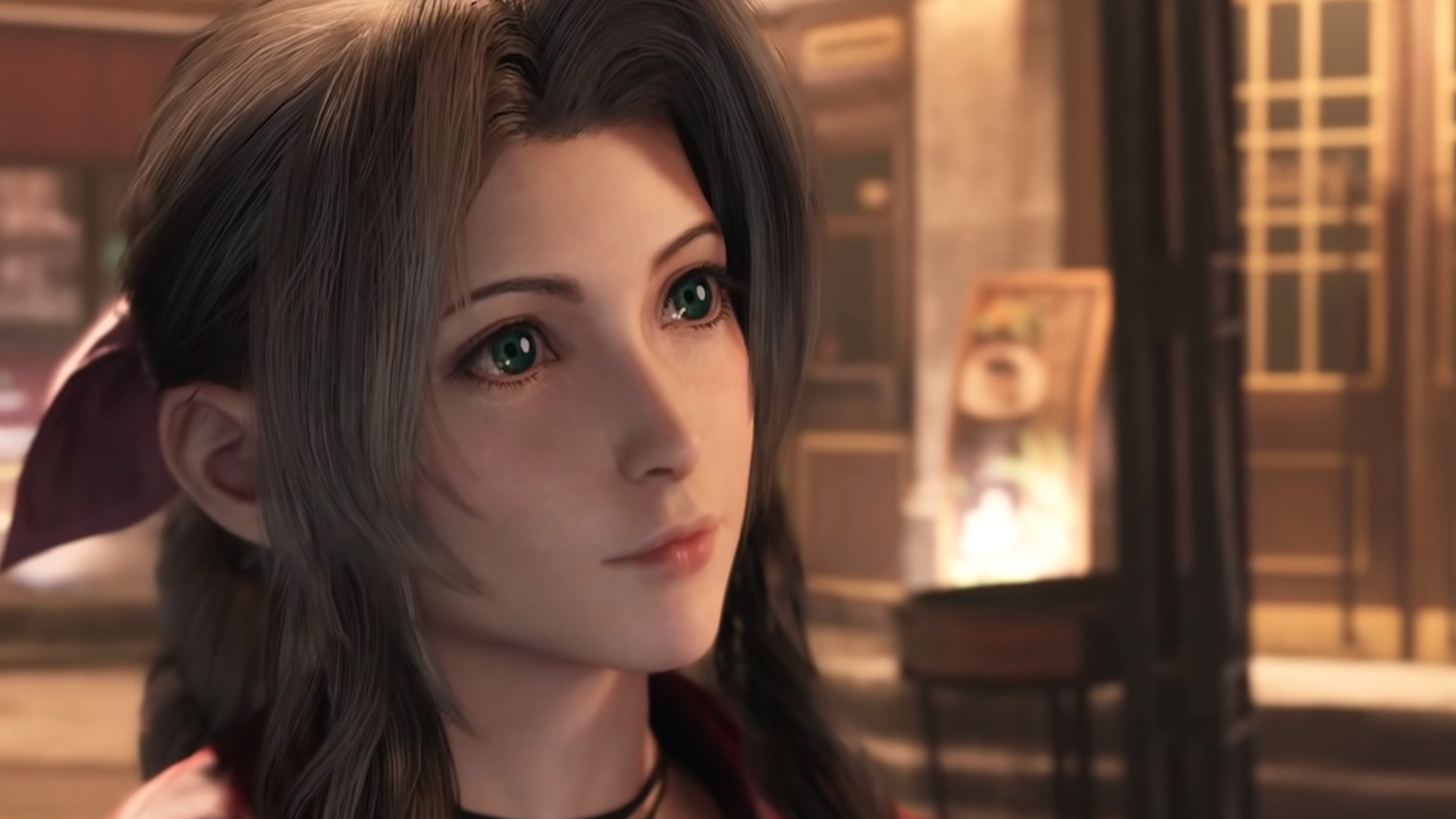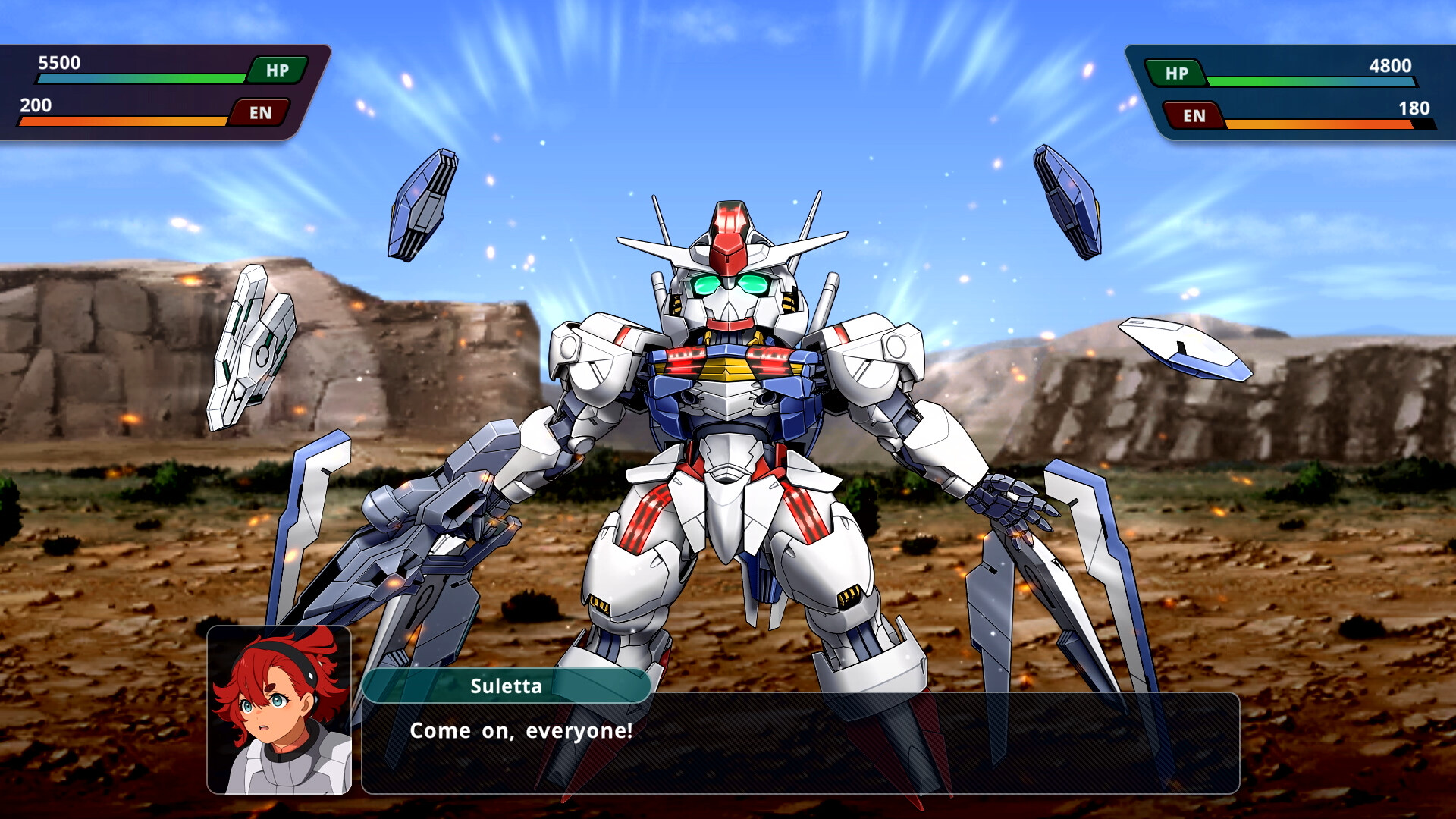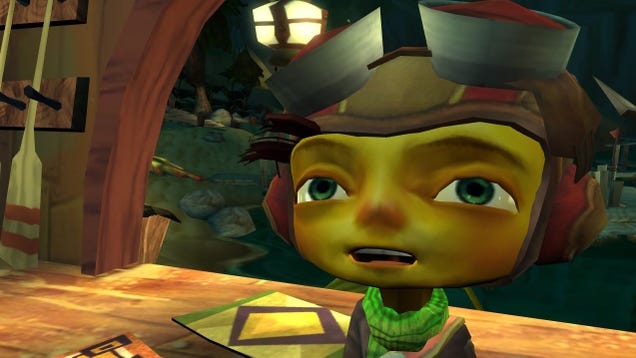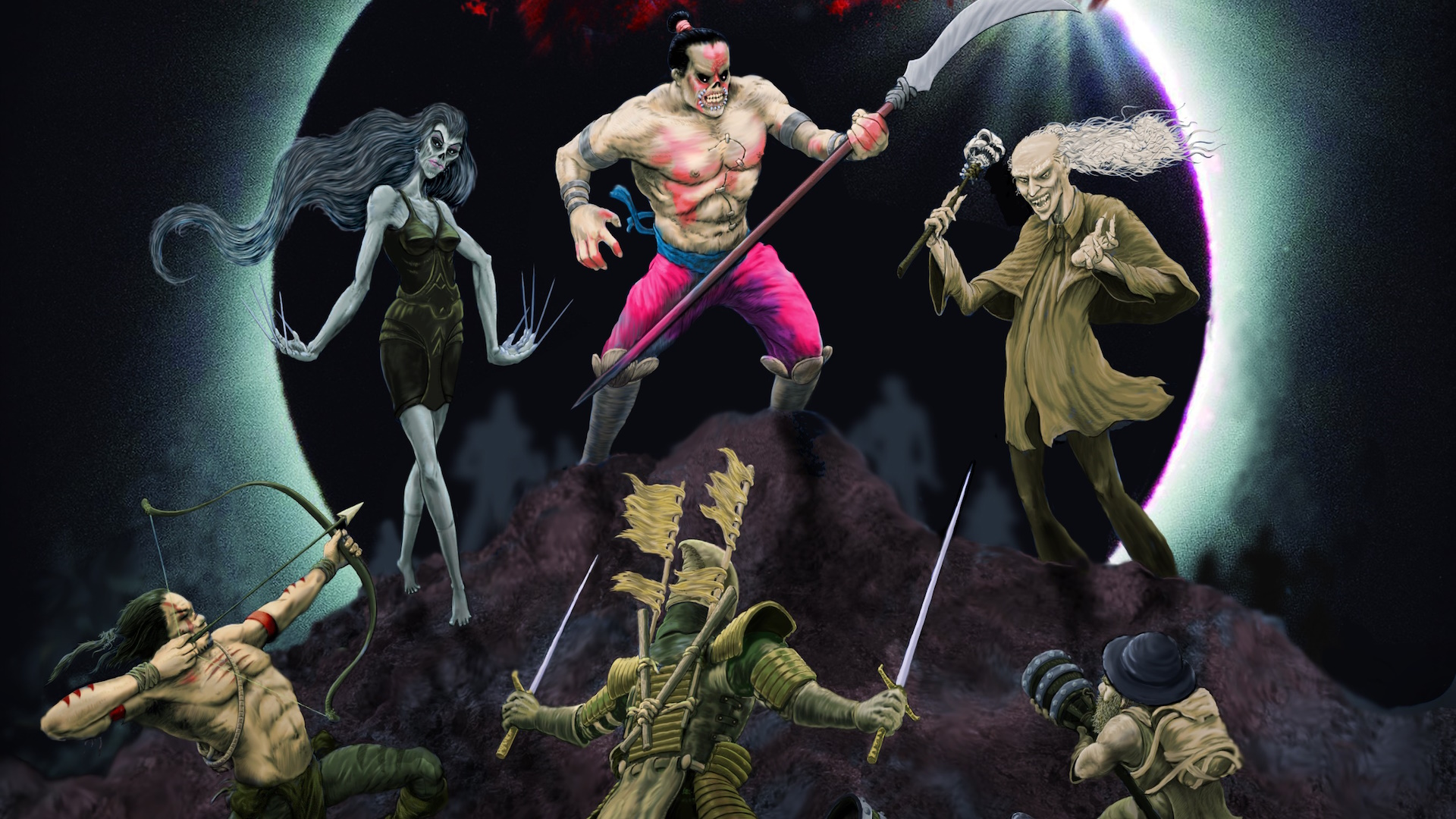
The cloud-based strife.
Final Fantasy 7 Rebirth doesn’t have a set-in-stone PC port date yet, but it’s still coming to the PS5 in a couple of days. In the run-up, the Remake’s received a new patch. While the official singular note is just “fixes to several bugs”, Square Enix has actually snuck in a change to the english localisation that has fans up-in-arms. Spoilers for the ending of Final Fantasy 7 Remake, in case that wasn’t clear.
(Image credit: @Mgata_official on Twitter/X.)
The original line is spoken by everyone’s favourite flower girl Aerith, just as the gang makes their way out of Midgar. The original line: “I miss it… the steel sky” has been replaced with the markedly less poetic “This sky… I don’t like it”. This has gone down about as well as you’d expect:
(Image credit: @GenePark on Twitter/X.)
(Image credit: @StellaNoxEclair on Twitter/X.)
I mean, look. On face-value I agree that this seems like a weird step backwards, but it’s sometimes my solemn duty to dig into the reasons why a given discourse is happening. I’ll try my best.
As I understand it, this patch is mainly intended to tie up some continuity threads between the Remake and its sequel, Rebirth. For example: An adolescent Tifa now has a shirt underneath her outfit in a cutscene, primarily to match Rebirth’s design.
As for Aerith’s unpopular line, the best argument I could find in favour of the change was a link to Crisis Core: Final Fantasy 7 Reunion. In it, Aerith is characterised as, rather than being fond of Midgar’s “Steel Sky” (the plates that hang overhead in the slums), she’s afraid of the open one.
This was actually touched on in an interview with the remake’s director, Tetsuya Nomura—as translated by CEO of Aitai Japan, blogger, and Final Fantasy superfan Audrey Lamsam. As per her translation, the literal japanese line was something along the lines of “The sky, how I hate it”. When asked about the line, Nomura states:
“For Aerith, the sky symbolises sadness. The people who were dear to her, such as Zack and her mother Ifalna, had all returned to the sky, and the sky that she sees above her in the slums was covered by Shinra too. The calamity that destroyed the Ancients, Jenova, also fell from the sky. All of these incidents remind Aerith of the sky, which is why she says she hates it.”
If we apply Nomura’s line of thinking, then it makes sense why the line was changed in retrospect. On the other hand, I’m not sure it really achieves the intended impact.
(Image credit: Square Enix)
For starters—as some baffled fans have already pointed out—missing a steel sky can, in fact, still imply you’re afraid of the one you’re looking at. ‘I wanna go home’ is a normal human response to danger and uncertainty, which is essentially what the original line conveyed.
Another point that’s been made is that localisations don’t—nor should they—literally translate their sources. Take Final Fantasy 14 for example. It has some of the best localisation in the series specifically because the English localisation team went hog wild with some ambitious changes.
Take a central NPC Urianger, for example. In Japanese, I’m told that Urianger speaks with some flowery and formal language. The localisation team decided to interpret this as hefty Shakespearian prose—and while it does make him hilariously hard to understand at times, there was a story moment in Endwalker (that I won’t spoil here) where he speaks normally for a couple of lines. It’s employed with such tactical emotional precision that I still well up thinking about it.
My point being, large changes in translation are not only normal, they’re industry-standard and often effective. They aren’t meant to ruin your favourite thing, they’re meant to use the language to its full effectiveness. I can see how the desire to hew closer to the original Japanese line might’ve ruined it for some people, and it’s a strange decision, even if I’m not exactly losing sleep over it.






